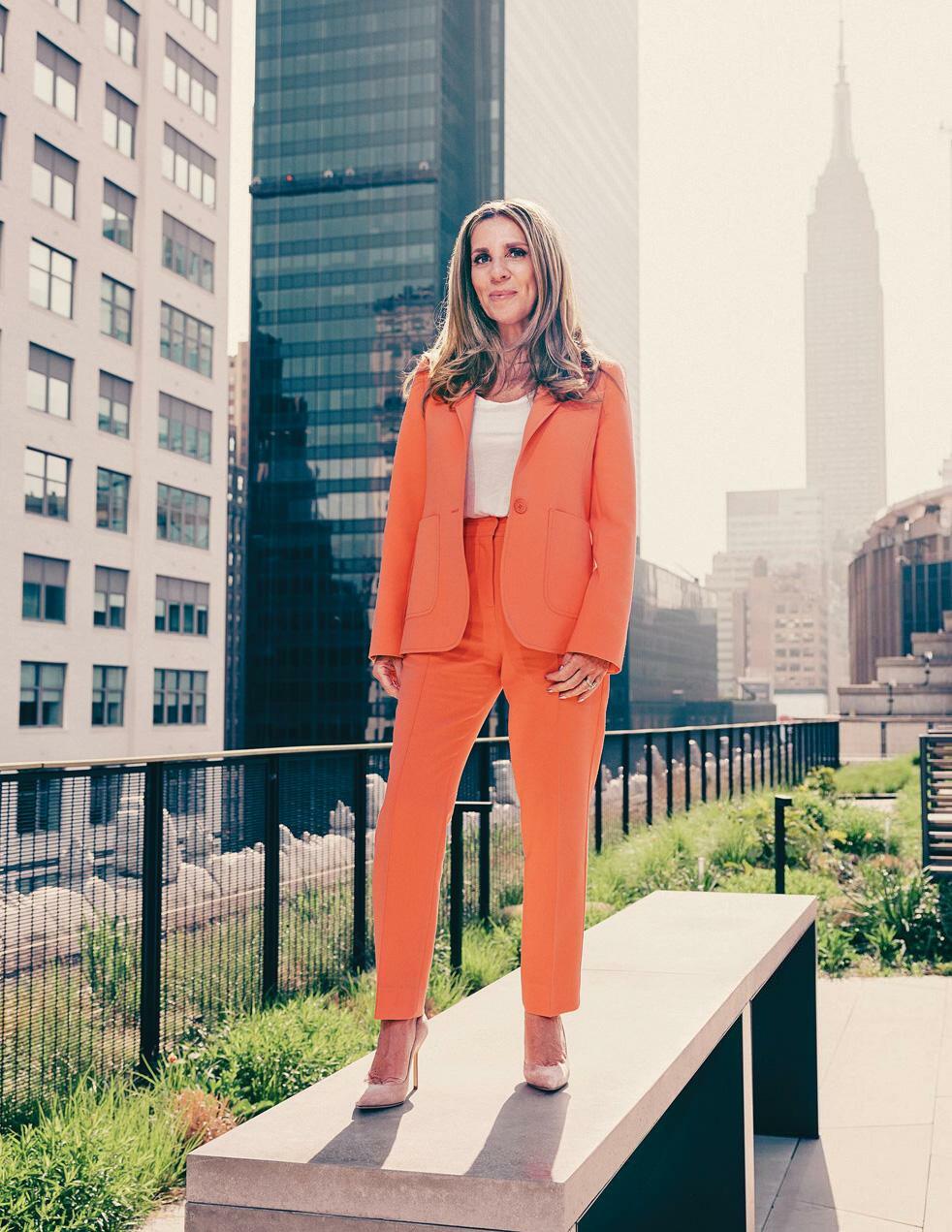Try GOLD - Free
META'S TRUE BELIEVER
Fortune Asia
|June/July 2023
Nicola Mendelsohn became one of the tech giant's top female executives by focusing on the little things. She applied that approach to her incurable cancer. Can it also help solve Meta's growth crisis?

MAD WOMAN
Mendelsohn never planned to go into the advertising business. Now she oversees the bulk of Meta's $114 billion in ad revenue each year as head of its global business group.
IN NOVEMBER 2016, Facebook CEO Mark Zuckerberg and COO Sheryl Sandberg were heads down in a war room navigating the fallout of social media's role as an amplifier of far-right misinformation that helped elect U.S. President Donald Trump. Around the same time, Nicola Mendelsohn, then Facebook's vice president of Europe, Middle East, and Africa (EMEA), was sitting at home in London with her husband, living through the worst weekend of her life. Her American colleagues' political problems were very far from her mind.
Mendelsohn had discovered an unusual lump near her groin. She didn't think anything of it, but a doctor suggested she get a scan. That Friday, she put her phone down and came back to see missed call after missed call from her doctor. She knew the news couldn't be good. She spiraled, imagining the very worst, thinking about what she would tell her four kids. "I felt a physical feeling that this is really bad-like you've been hit in the solar plexus," she remembers.
The results were as bad as she feared: The small lump was one of several tumors all over her body. She had follicular lymphoma, an incurable blood cancer that 25,000 Americans are diagnosed with each year.
That was almost seven years ago. After that horrible weekend, Mendelsohn vowed never to feel that hopeless again. Her doctor first monitored her cancer's progression, then she began treatment that continued until the pandemic, when Mendelsohn isolated at home because of her weakened immune system. Now, at age 51, she has no evidence of disease, and advocates for patients with the under-researched and underfunded illness.
This story is from the June/July 2023 edition of Fortune Asia.
Subscribe to Magzter GOLD to access thousands of curated premium stories, and 10,000+ magazines and newspapers.
Already a subscriber? Sign In
Translate
Change font size

